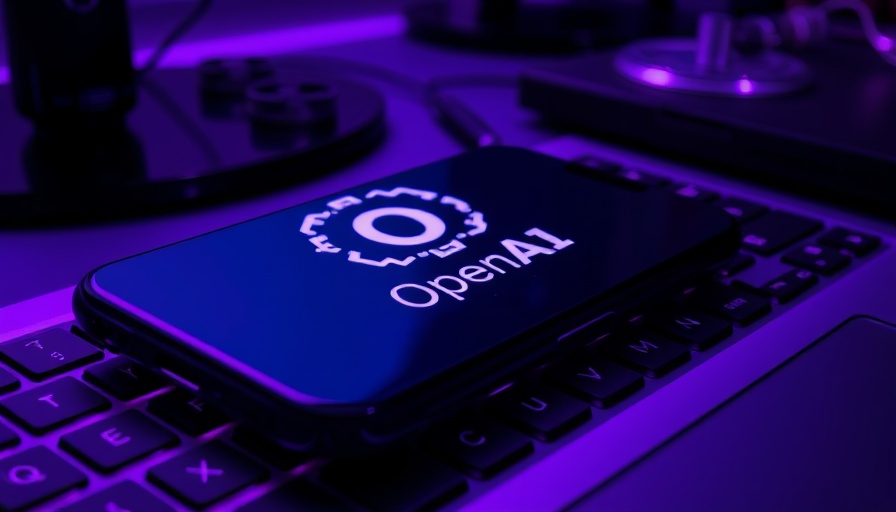
OpenAI's Stance on User Data in the NYT Lawsuit
In a significant legal clash, OpenAI is gearing up to contest a recent lawsuit filed by The New York Times, which demands the deletion of user chat data. The suit raises crucial issues regarding privacy, data ownership, and the functionality of AI models trained on user interactions.
What This Lawsuit Means for AI Governance
The New York Times argues that OpenAI should delete certain user chats, claiming that preserving this data poses risks to user privacy and trust. In contrast, OpenAI contends that deleting this data could hinder the advancement of its AI technologies, which rely on user interactions to improve. As AI continues to intertwine with daily life, this lawsuit spotlights the urgent need for clearer governance on data handling in the tech industry.
Historical Context: Evolution of Data Privacy Laws
The increasing focus on data privacy rights stems from decades of evolving societal values around personal information. Historically, sweeping privacy laws in Europe, such as the General Data Protection Regulation (GDPR), have influenced discussions globally. In the U.S., however, a hodgepodge of state-level regulations continues to challenge a cohesive national strategy for data governance. The outcome of this case could set a powerful precedent for how tech firms navigate these regulations in the future.
Broader Implications for Tech Companies
How OpenAI chooses to defend itself against The New York Times’ demands could reverberate through the tech landscape. Companies across the board are watching closely as they grapple with similar issues regarding data retention, user consent, and ethical AI development. The tech community may face increased scrutiny on how they handle user data, which could foster greater demand for transparency and accountability.
Public Sentiment: Trust in Technology
In an age where technology dominates many aspects of life, public trust hangs in the balance. A growing body of user sentiment underscores how critical transparency in data handling is to consumer trust. Changing public attitude towards data privacy shows that many users are becoming more protective over their information. Therefore, how OpenAI handles this lawsuit could impact its reputation in an industry already rife with skepticism towards data usage.
Future Predictions: The Path Forward for AI and Data Privacy
As technology marches steadily forward, the intersections between AI and privacy will likely become even more intricate. Predictions suggest that this case could prompt not only OpenAI but also other tech giants to revisit their data policies, striking a balance between innovation and ethical responsibility. If they are unable to ensure user trust, tech companies risk falling out of favor in an increasingly informed and privacy-conscious user base.
In conclusion, the impending battle between OpenAI and The New York Times marks a pivotal moment in the examination of data privacy laws and AI development. The resolution of this lawsuit may serve as a harbinger of changes to come within the tech industry, influencing both regulatory frameworks and consumer trust moving forward.
 Add Row
Add Row  Add
Add 




Write A Comment